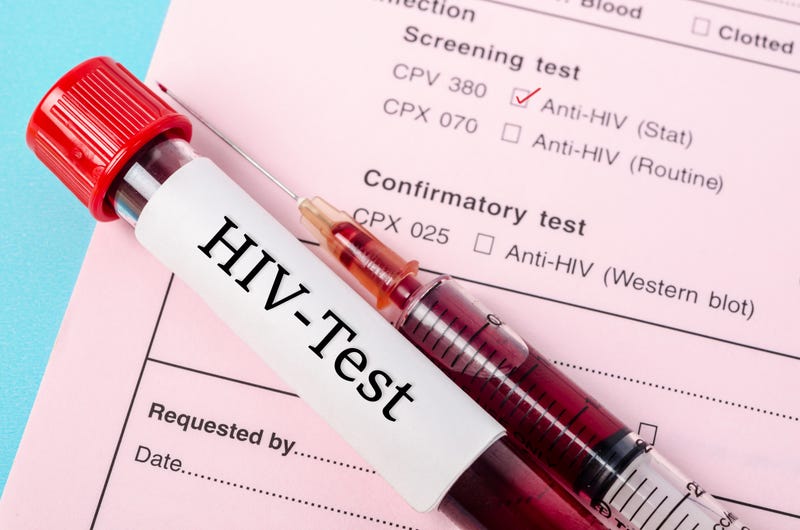
(WWJ) – Health officials in Michigan are encouraging people to get tested for HIV on Monday, which is National HIV Testing Day.
Officials with the MDHHS’ Division of HIV and STD Programs say testing for the virus is “essential to health care” and important for those who are managing and living with HIV.
“It is important for people to be aware of their status as it provides important information that empowers them to live a healthy life,” said Dr. Natasha Bagdasarian, MDHHS chief medical executive.
The CDC estimates 1.2 million people in the U.S. are living with HIV, and that number grows by about 40,000 people each year.
The CDC has found that more than 90% of new HIV infections in the U.S. could be prevented by testing and diagnosing people who have HIV and ensuring they receive prompt, ongoing care and treatment.
A list of resources for Michiganders, including where to find testing sites across the state and other information about HIV, is available at michigan.gov/HIVSTI.
Findings show significantly greater health benefits for persons who start antiretroviral therapy (ART), the medication used to treat HIV, earlier, according to MDHHS. Medicines to treat HIV can help keep people living with HIV healthy for many years, and significantly reduce the chance of transmitting HIV.
“Undetectable Equals Untransmittable” demonstrates that a person living with HIV who is taking ART as prescribed, and who has an undetectable viral load in their blood sample for at least six months, has a negligible risk of transmitting HIV sexually.
Current CDC recommendations call for everyone to be tested for HIV at least once in their life as part of routine health care, and people at higher risk should get tested more often.
People at higher risk who test negative for HIV are encouraged to ask their doctor about pre-exposure prophylaxis (PrEP). PrEP is a medication that when taken as directed prevents HIV from causing an infection if there is an exposure to the virus.
To learn more about HIV risk factors and prevention visit CDC.gov/HIV.

